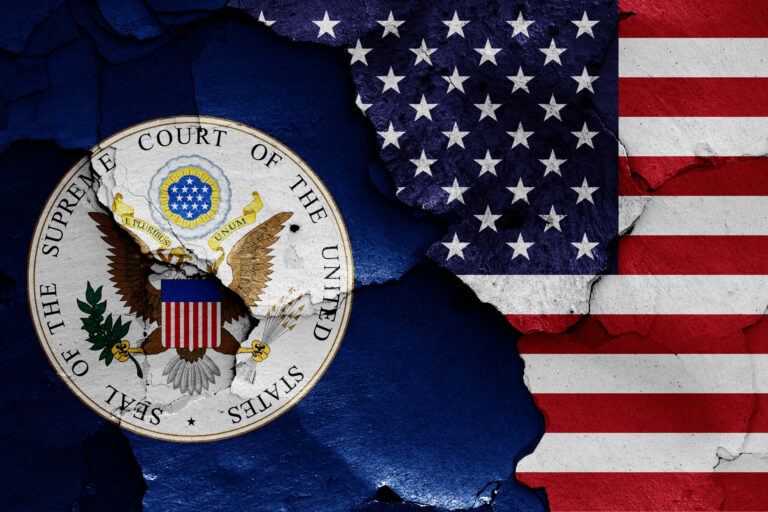
Opening Pandora’s Box: Old Regulations Are Now Vulnerable to Attack
Perhaps more impactful than the recent overruling of the Chevron doctrine is the Supreme Court’s decision in Corner Post, Inc. v. Board of Governors of the Federal Reserve System. While overruling Chevron will have a great effect on how challenges to administrative actions are decided in the courts–and is thus more interesting to lawyers–Corner Post could have an astronomical impact on whether those challenges can be brought at all.
Corner Post, a truck stop in Watford City, N.D., opened its doors in 2018 but filed suit to challenge a Federal Reserve rule finalized in 2011 that was impacting their business. The challenged rule governs the transaction fees charged on debit cards, which the truck stop has to pay to Visa and Mastercard on every card transaction or turn away customers. Most of the lower courts across the country had followed a rule that such challenges to old rules are barred by federal law’s general six-year statute of limitations. Most courts concluded that the issuance of the final rule marked the beginning of the six-year period; because Corner Post opened more than six years after the rule was finalized it could not be challenged. The Supreme Court disagreed, finding that the new business could challenge the old rule.
The familiar type of agency rulemaking, involving notice-and-comment periods, didn’t become prevalent until the 1970s. Since then perhaps thousands of final rules were issued and even more new businesses started. Those new businesses can now challenge rules that predated them by decades. Existing businesses that have been living under regulations since they were issued are unlikely to be able to challenge old rules under the holding however because their right to sue would accrue when they were first subjected to the rule. The final two days of the Supreme Court term operated as a one-two punch against the administrative state, taking away deference agencies had enjoyed for the past forty years and also eliminating the practical immunity that had shielded old rules from challenge.
For established businesses, these decisions increase regulatory uncertainty. Established rules on which businesses rely are now open to attack and legally vulnerable in ways they never were before. Businesses in highly regulated industries should be careful to stay in the loop about legal challenges affecting the agencies that regulate them. Even a lower court could nullify a regulation nationwide and leave businesses scrambling to react. In such scenarios, a business does not want to be the last mover after a regulation falls.
Assume a business that produces widgets is required by a federal agency’s 20-year-old rule to paint their widgets with a particular additive. The additive is expensive, but because of the rule, all the other businesses competing in the widget market have to add it too, meaning that the cost is equal and provides no competitive benefit to a single manufacturer. A new widget manufacturer enters the market and challenges the old rule, which they are now allowed to do under Corner Post. That new manufacturer convinces a court that the agency was not empowered to require the additive in the first place. The court strikes down the rule and the new business, and anyone else who knew about the court case now can take advantage of huge savings on production costs. Those well-informed companies will be more competitive in the market because of decreased production costs, while those that did not monitor legal news are left holding a higher bill for production and could be priced out of the widget market if they don’t realize the change fast.
This is not to say that all old rules may fall, when the Court overruled Chevron they specifically stated that “the holdings of [prior cases that relied on the Chevron framework] …are still subject to statutory stare decisis despite our change in interpretive methodology.” This portion of the opinion explicitly precludes reopening of prior rules because of Chevron. Only time will tell if lower courts heed that command.
The long and short of the Corner Post decision is that more rules are open to attack, and because the Court also overruled Chevron, more old rules may suddenly be struck down by the courts. The Court has introduced more volatility into the regulatory space, which could benefit those prepared for it and harm those who are not.
Author: David Freckleton
Kendall PC



